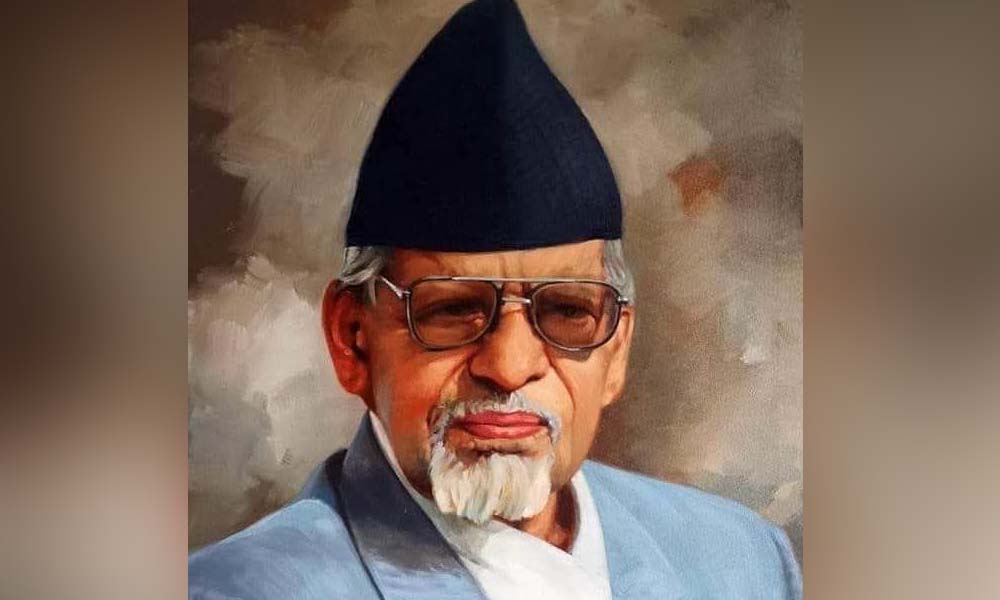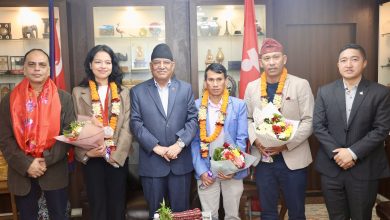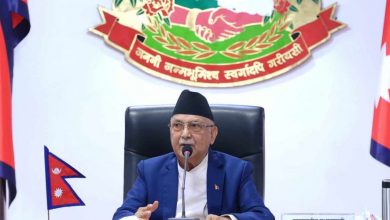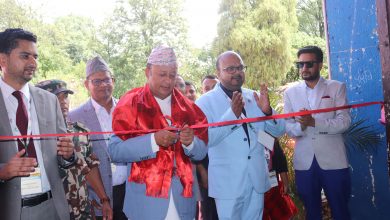Manmohan Adhikari: First Communist Prime Minister of South Asia
24th Manmohan Adhikari Commemoration Day

April 26, Kathmandu: Today is the 24th commemoration day of the first elected Communist Prime Minister of Nepal, Manmohan Adhikari.
Adhikari was not only the first communist prime minister of Nepal but also the first in the entire South Asia region.
Adhikari was known for his simplicity, honesty, and integrity, and continues to be a role model for many in contemporary politics. During his tenure as the Prime Minister, which began in 1994 AD (2051 Bikram Sambat), the UML and the communist movement in Nepal gained momentum with the formation of a new government led by Adhikari.
The government introduced social security programs such as old age social security allowances and campaigns like “Let’s build our village ourselves.” Adhikari was a courageous leader who, for the first time in history as a Prime Minister, proposed a formal review of the unequal treaty of 1950 AD with India. He is considered one of Nepal’s most popular prime ministers.
He passed away on April 26, 1999 AD (Baisakh 13, 2056 BS) after suffering a heart attack during an election rally/assembly in Gothatar, Kathmandu. Born on July 1, 1921 AD (Asar 15, 1978 B.S) in Lazimpat, Kathmandu, Manmohan Adhikari was the eldest son of Ramchandra Adhikari and Purna Kumari.
He began his political career by participating in the Indian freedom struggle, where he joined the Quit India movement in 1942 AD to remove the British Empire from India. As a result, he was jailed for one and a half years, making him one of the few Nepali leaders who contributed to the Indian freedom struggle.
Adhikari’s political vision and aspiration continue to guide Nepali politics and political parties both Communist and non-Communist.







Comments